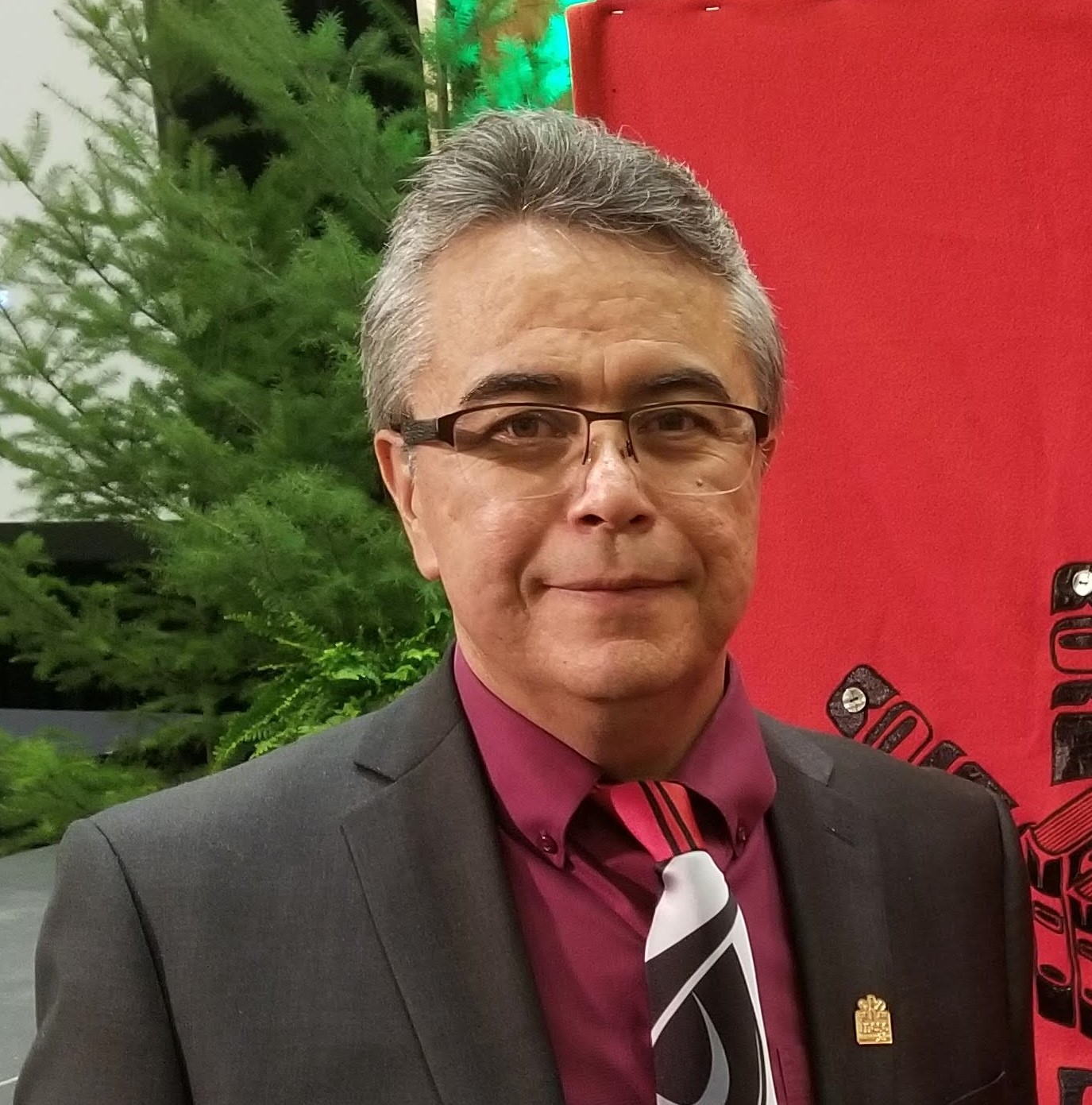Message from the Indigenous Advisory Committee Chairperson
It has been a privilege and an honour to serve as the first Chairperson of the CER Indigenous Advisory Committee. While we are still in early days, the Committee provides a tremendous opportunity to bring Indigenous worldviews and voices into the governance and work of the federal energy regulator. The IAC is comprised of First Nation, Inuit, and Métis individuals and representatives from across Canada. I am pleased to provide a forward to the CER’s 2020-21 Annual Report, on behalf of the IAC.

Since its establishment, the Committee has focused on building strong, long-term relationships, with the Board of Directors and CER staff. This has been uniquely challenging in the virtual environment we have been working in during the COVID-19 pandemic. Taking the time to build these relationships however, will provide a solid grounding for the important work ahead.
Three of the six meetings that the Committee held virtually in 2020-21, were joint with the Board of Directors. One of our early and significant achievements through these meetings was to co-develop the IAC Terms of Reference. It is through collaborations like this that we will begin to meet the shared goals of the IAC and Board of Directors – to develop strong relationships and to ensure that the Committee’s advice has a meaningful, timely and measurable impact on the CER’s work.
Through its initial meetings, the Committee also provided advice on a number of initiatives including the CER’s Strategic Plan, with resulting changes being made to strengthen the Plan’s language and Strategic Priorities, including Reconciliation. Although the IAC does not provide advice on the adjudication of specific projects, our advice will help shape deep systemic changes to how future projects are assessed and promote positive systemic change with the CER and its regulated industry.
The IAC also had the opportunity to engage in a number of joint learning sessions with the Board of Directors on the UN Declaration on the Rights of Indigenous Peoples (UN Declaration), and to begin discussions on how to implement the UN Declaration within the CER’s mandate. This is deeply important work, and the Committee notes the CER’s commitment to the UN Declaration, set out in the preamble to the CER Act, and in the CER’s Reconciliation Strategic Priority. The Committee looks forward to working closely with the Board and CER staff, as the organization develops tools to implement the UN Declaration within its mandate.
One other area I would highlight from our inaugural year, is the preliminary advice that the Committee provided on the CER’s ongoing work to strengthen its approach to Crown consultation and accommodation. This is a new role for the CER under the CER Act and will be a focus of the IAC’s advice moving forward.
The work of the IAC will build on, and support, other work and initiatives that the CER has undertaken over the past few years with Indigenous partners, such as the Indigenous Advisory and Monitoring Committees for the Trans Mountain Existing Pipeline and Expansion and the Line 3 Replacement Program. It will be important for the Committee to find ways to bring the lessons learned through the IAMCs, into the strategic advice of the IAC.
More recently, we started the important task of jointly developing a very ambitious three-year work plan for the IAC. This work plan will see us focus our efforts broadly and locally on relationships, communications and governance, the UN Declaration, cultural competency, Indigenous peoples’ involvement in regulatory oversight, and Crown consultation and accommodation. Our work plan, while aligning with the Board’s work plan, is designed to bring new and meaningful perspectives to our role as advisors who inform the Board’s decision-making.
I am very hopeful and excited about the work that the IAC is carrying out as part of the CER. The work ahead is complex and challenging, but with willing partners at the table, we have a real opportunity to help realize the human rights-based principles in the UN Declaration, and navigate what Reconciliation means to a federal regulator.
The original version was signed by
Tribal Chief Tyrone McNeil,
Chairperson
Indigenous Advisory Committee
